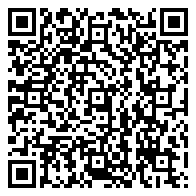

REF: SC3254420
DATES: 30 Mar - 10 Apr 2026
CITY: Seattle, Washington (USA)
FEE: 9600 £
All Dates & LocationsWelcome to the "Supplier Relationship Management (SRM)" course! Supplier Relationship Management (SRM) is a critical strategic approach for managing an organization's interactions with the companies that supply the goods and services it uses. This training is designed to equip professionals with the knowledge and skills necessary to effectively manage supplier relationships, enhance supplier performance, and drive value through strategic partnerships. Over five days, participants will explore the foundational principles of SRM, learn how to assess and categorize suppliers, develop strategies for supplier development and risk management, and utilize SRM tools and technologies to optimize procurement processes. The course combines theoretical knowledge with practical applications, ensuring that participants can implement SRM strategies in their organizations to achieve sustainable competitive advantages.
By the end of this course, participants will:
Benefits of Attending:
The "Supplier Relationship Management (SRM)" course provides a comprehensive understanding of how to build strategic partnerships with suppliers. Participants will gain the tools to assess and categorize suppliers, improve their performance, and manage risks effectively. The course will also enable participants to adopt the latest technologies and strategies in SRM to align purchasing goals with organizational objectives.
Join us today to enhance your SRM skills and prepare for the future of procurement with confidence!
